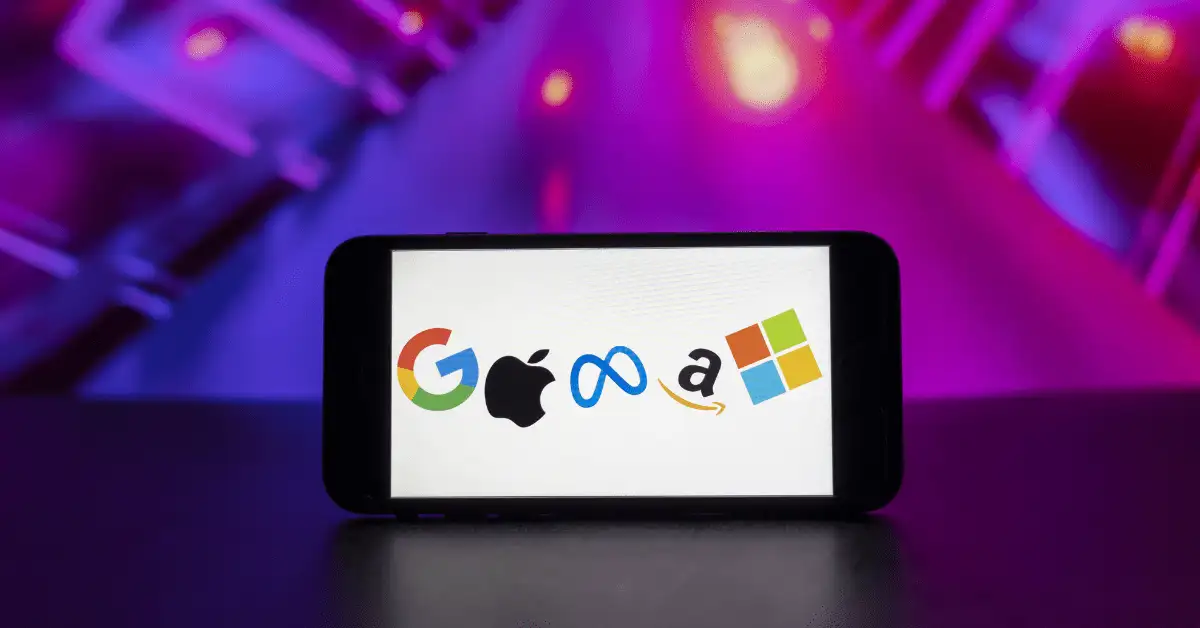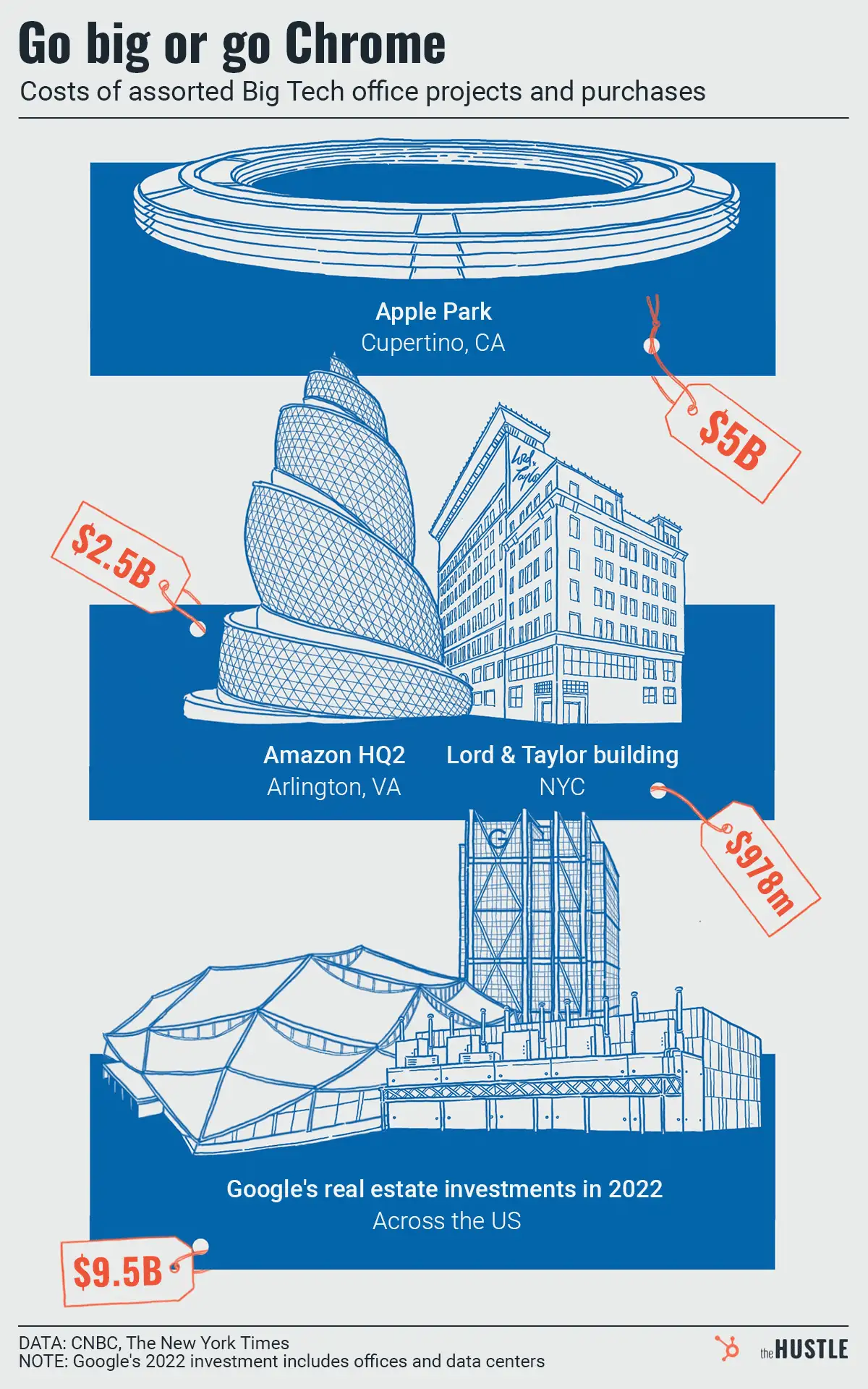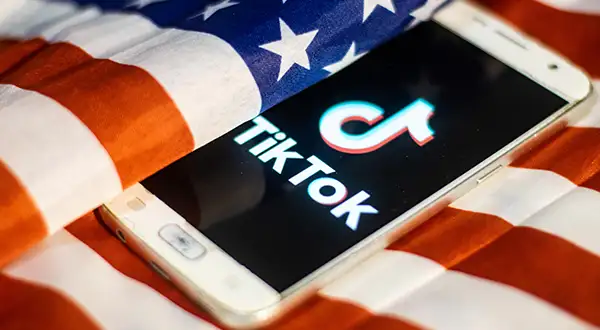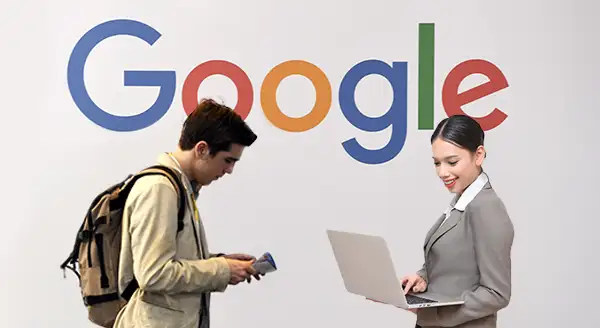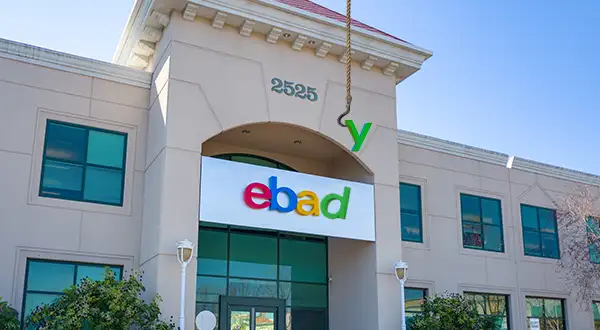Last week, Apple unveiled updates to its CarPlay software — available on 98% of new cars — that expand its reach to the furthest ends of a car’s instrument panel.
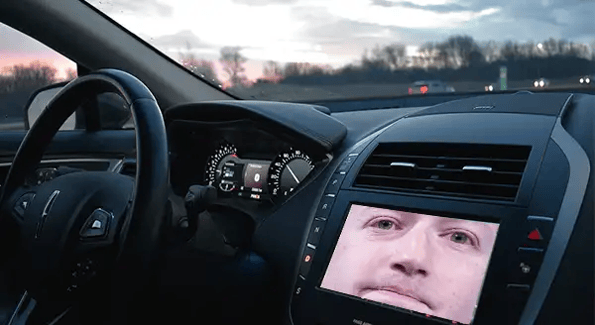
Amazon and Buick are streaming commercials showing a dad confusing his family’s car for an Alexa (which is built in). The YouTube comments are… harsh.
Google, too, is working on software — the Android Automotive operating system (AAOS) — which research firm Gartner predicts will power 70% of cars by 2028.
What’s the deal with these tech companies jumping in?
Consider this: The first time you’re driven by an autonomous car — something that could become normal in 20-30 years — you’re bewildered. The 10th time? Old news.
And, after the novelty wears off, you’ll check your phone and, who knows, eat a sandwich? Have sex in your automated car? Studies seem to think you will.
Mostly, of course, we’ll likely engage in the dynamic duo of human activity: work and TV! Unlocking this time will lead to enormous economic potential for tech companies and will most directly impact:
- Productivity: Remote work is saving people nearly six hours per week in time spent not commuting. Thing is, people spend ~½ of that saved time doing more work.
- Entertainment: People spend 24.5 hours a month on TikTok. Disney is spending $32B making content in 2022. Is there a better opportunity for watching even more content than in the car?
Are cars the next battleground for data?
Where Big Tech sees huge potential in being deeply embedded in the automotive experience, others see alarms going off.
- In January, activists sent a letter to Sen. Amy Klobuchar, Rep. David Cicilline, the FTC, and the DOJ highlighting concerns regarding Google monetizing “our behavior behind-the-wheel.”
- In April, Rep. Jamie Raskin spearheaded a letter to the FTC and DOJ regarding antitrust concerns in this space.
Big Tech’s already conquered the home and office. It’s clear the car is likely next.


